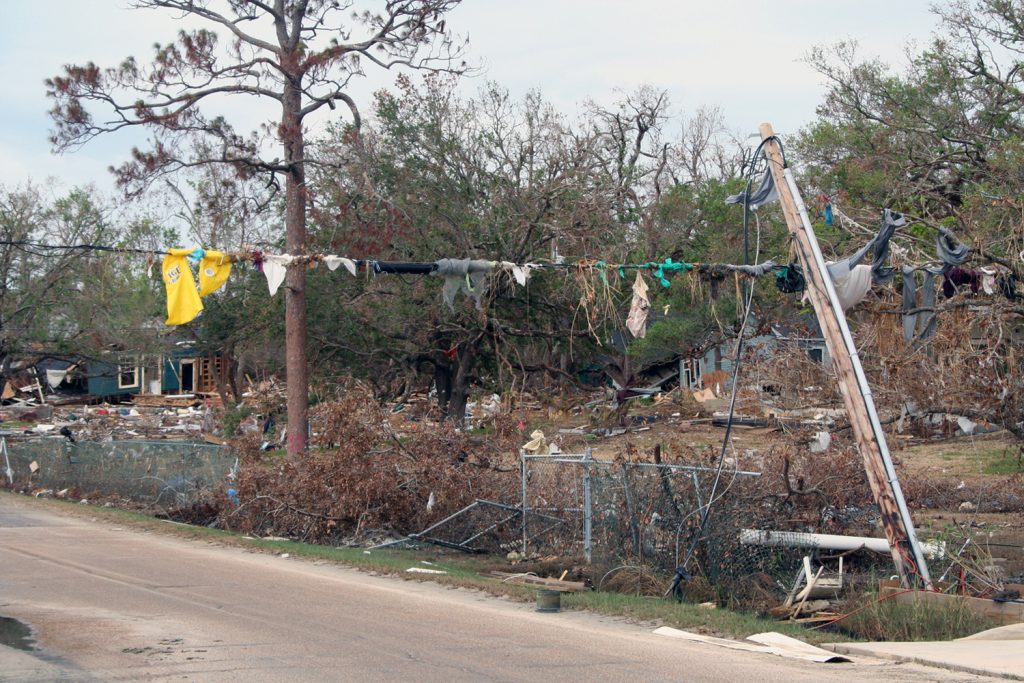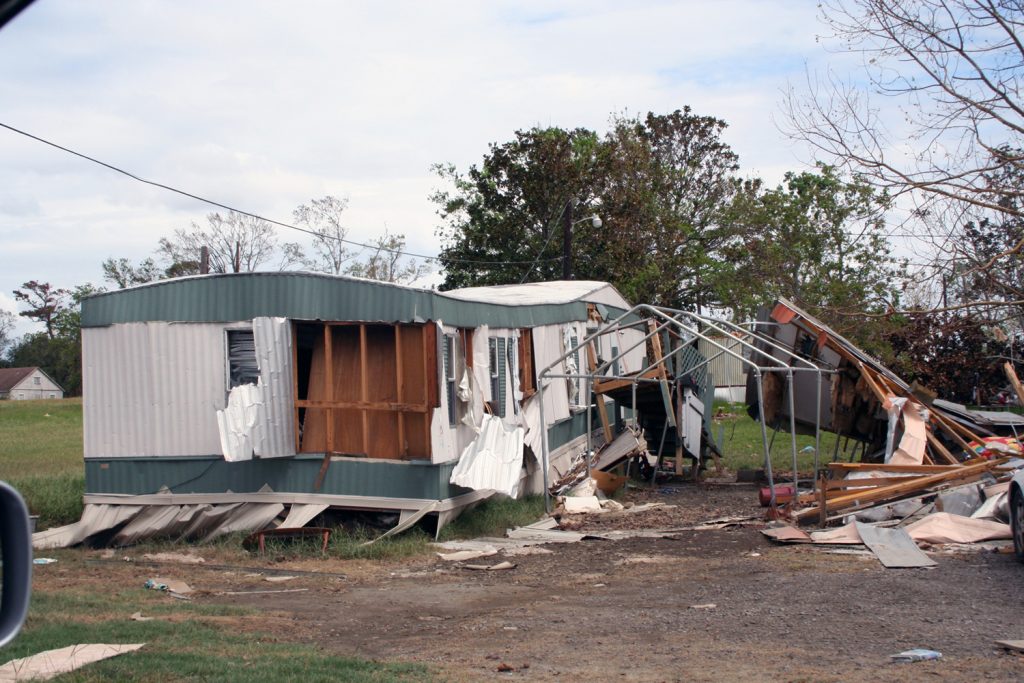 The last thing that you want to do after dealing with litigious matters is have to hire more lawyers. However, if you believe your lawyer committed legal malpractice thats exactly what you will be forced to do. Lawsuits containing claims of legal malpractice are taken very seriously by the courts presiding over them. Very strict timelines dictate when you must file a lawsuit alleging legal malpractice and if your not careful your case could be dismissed before it gets started. A recent case out of the Louisiana Fourth Circuit Court of Appeal discusses a lower courts ruling in a legal malpractice lawsuit in favor of Defendants, Romauldo Gonzalez, Sr., and the Law Offices of Romauldo Gonzalez, L.L.C. d/b/a Braden Gonzalez and Associates (collectively, “Mr. Gonzalez”) based on prescription arguments.
The last thing that you want to do after dealing with litigious matters is have to hire more lawyers. However, if you believe your lawyer committed legal malpractice thats exactly what you will be forced to do. Lawsuits containing claims of legal malpractice are taken very seriously by the courts presiding over them. Very strict timelines dictate when you must file a lawsuit alleging legal malpractice and if your not careful your case could be dismissed before it gets started. A recent case out of the Louisiana Fourth Circuit Court of Appeal discusses a lower courts ruling in a legal malpractice lawsuit in favor of Defendants, Romauldo Gonzalez, Sr., and the Law Offices of Romauldo Gonzalez, L.L.C. d/b/a Braden Gonzalez and Associates (collectively, “Mr. Gonzalez”) based on prescription arguments.
In July of 2013, Marco Tulio Miralda filed a legal malpractice lawsuit against Mr. Gonzalez. In his petition, Mr. Miralda alleged that he retained Mr. Gonzalez in early 2008 in regards to renegotiating a mortgage note held by Wells Fargo on his New Orleans home. Mr. Miralda was in default on his mortgage note and Wells Fargo had initiated foreclosure proceedings on the property. Mr. Miralda alleged that Wells Fargo was inclined to negotiate reinstatement of the loan.
Mr. Miralda was allegedly advised by Jose Chacon, a non-attorney employee of Mr. Gonzalez’s law firm, to deposit $30,000 into a trust account to serve as a down payment, for purposes of the renegotiation. Per the instructions, Mr. Miralda deposited $33,864.75 into the trust account.
 Louisiana Personal Injury Lawyer Blog
Louisiana Personal Injury Lawyer Blog


 In order to file an insurance claim you first must have insurance coverage. It’s important that you stay aware of the renewal dates for the continuation of coverage so that you do not end up losing out on critical insurance payments in times of crisis. In certain situations it’s your insurance company or agent’s duty to notify you that your coverage has lapsed. A recent case involving a homeowners insurance policy for a property located on Lafourche Street in New Orleans discusses the burden of proof necessary to justify a homeowner’s claims of improper notification of nonrenewal by his insurance agent.
In order to file an insurance claim you first must have insurance coverage. It’s important that you stay aware of the renewal dates for the continuation of coverage so that you do not end up losing out on critical insurance payments in times of crisis. In certain situations it’s your insurance company or agent’s duty to notify you that your coverage has lapsed. A recent case involving a homeowners insurance policy for a property located on Lafourche Street in New Orleans discusses the burden of proof necessary to justify a homeowner’s claims of improper notification of nonrenewal by his insurance agent. Worker compensation claims arise from being hurt at work. Even the best worker compensation lawyers cannot help you prove the existence of a work related accident if you were not actually “hurt at work.”
Worker compensation claims arise from being hurt at work. Even the best worker compensation lawyers cannot help you prove the existence of a work related accident if you were not actually “hurt at work.”  Class actions can be complex cases that lead the parties involved to appeal many of the decisions of the trial court. Sometimes the appeals court will determine that certain issues need more review at the trial court level prior to any decisions being issued on their part. A recent case out of Orleans Parish, involving a class action lawsuit for claims of improper insurance claim handling and delay of repair claims discusses the limits of what is proper for appeals court in Louisiana to review.
Class actions can be complex cases that lead the parties involved to appeal many of the decisions of the trial court. Sometimes the appeals court will determine that certain issues need more review at the trial court level prior to any decisions being issued on their part. A recent case out of Orleans Parish, involving a class action lawsuit for claims of improper insurance claim handling and delay of repair claims discusses the limits of what is proper for appeals court in Louisiana to review. Hurricane Katrina wreaked havoc on Louisiana in 2005. As a result of the storm insurance claim litigation continued on for years thereafter. In Louisiana there are short deadlines for filing a lawsuit if you believe you were treated unfairly by your insurance company. If you do not file your lawsuit on time you might be met with a Motion to Dismiss, as was Lionel Williams who sued Louisiana Citizens Property Insurance Company for claims of mishandling of his Hurricane Katrina insurance claims.
Hurricane Katrina wreaked havoc on Louisiana in 2005. As a result of the storm insurance claim litigation continued on for years thereafter. In Louisiana there are short deadlines for filing a lawsuit if you believe you were treated unfairly by your insurance company. If you do not file your lawsuit on time you might be met with a Motion to Dismiss, as was Lionel Williams who sued Louisiana Citizens Property Insurance Company for claims of mishandling of his Hurricane Katrina insurance claims. A night at
A night at  Insurance policies can be difficult to understand. Litigating disputes arising from insurance policies can be even more difficult because the court must look not only at the policy itself to decide the case but must also consider which state’s law to apply to the case. The complexity of insurance cases makes it important to seek the services of an attorney familiar with the nuances of insurance litigation.
Insurance policies can be difficult to understand. Litigating disputes arising from insurance policies can be even more difficult because the court must look not only at the policy itself to decide the case but must also consider which state’s law to apply to the case. The complexity of insurance cases makes it important to seek the services of an attorney familiar with the nuances of insurance litigation. A recent medical malpractice lawsuit stemming from a surgery performed at West Jefferson Medical Center defines your right to make an informed decision about the course of treatment you wish to take.
A recent medical malpractice lawsuit stemming from a surgery performed at West Jefferson Medical Center defines your right to make an informed decision about the course of treatment you wish to take. A rear-end collision in Opelousas has led to a demonstration on how complex lawsuits concerning insurance companies can be. The Third Circuit Court of Appeal reversed a trial court’s decision regarding damages suffered in the accident, focusing on the amount owed to the plaintiffs by two different insurance companies.
A rear-end collision in Opelousas has led to a demonstration on how complex lawsuits concerning insurance companies can be. The Third Circuit Court of Appeal reversed a trial court’s decision regarding damages suffered in the accident, focusing on the amount owed to the plaintiffs by two different insurance companies. Many people have nightmares of falling and nobody being there to catch them. For Tommie Hebert, that nightmare became a reality when he fell from a moving helicopter, landing directly on his back, causing severe injuries such as a broken back and a damaged hip that would likely require replacement. To make matters worse, the company he worked for, Industrial, was not there to catch him.
Many people have nightmares of falling and nobody being there to catch them. For Tommie Hebert, that nightmare became a reality when he fell from a moving helicopter, landing directly on his back, causing severe injuries such as a broken back and a damaged hip that would likely require replacement. To make matters worse, the company he worked for, Industrial, was not there to catch him.